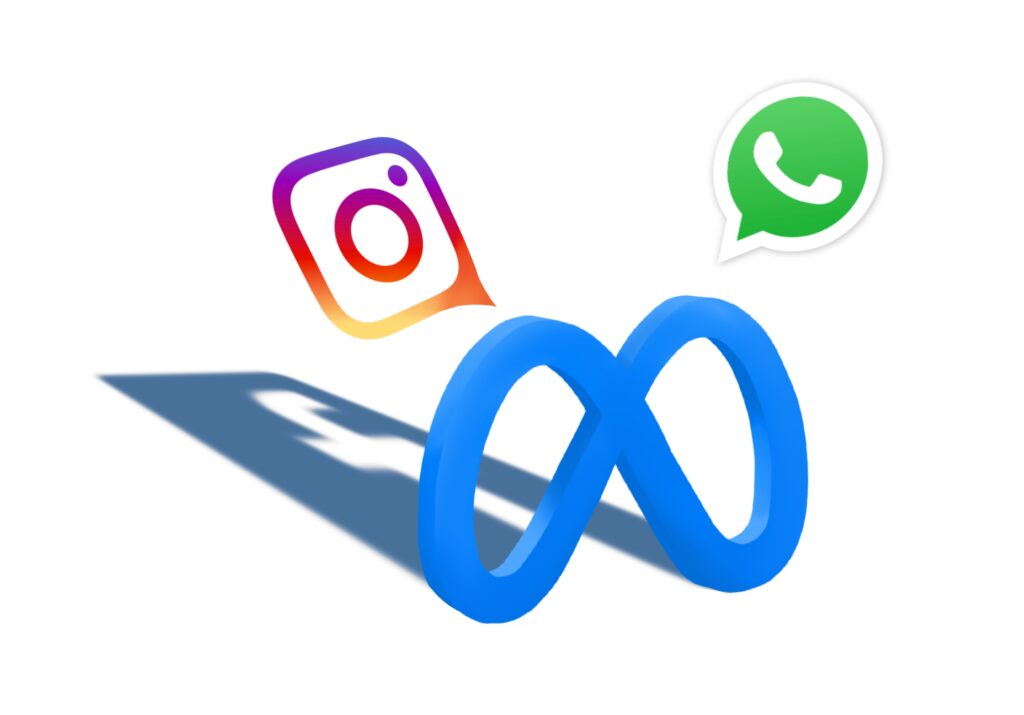
Graphic courtesy of Brian Yip ’24
The app that has almost 1.9 billion users on a daily basis — you guessed it, Facebook — has undergone a rebranding, but has anything really changed? The new name, “Metaverse” represents a new era in Facebook technology. But while a new name may be good for business, does it right the wrongs Facebook has made?
In reality, this new name is Facebook’s way of distracting from the turmoil they have created in public discourse and the global relationship to technology at large.
The Metaverse is what many are saying is the next chapter of not only Facebook, but the internet as a whole. The Metaverse is an immersive, 3-D realm where people can do things like attend concerts, have meetings, play games, and buy digital goods and services all online.
With the new name, Facebook claims to be introducing these new aspects of the platform. Mark Zuckerberg, the creator of the app, says he hopes to expand Facebook and look into new opportunities of the Metaverse.
Furthermore, Metaverse is an attempt to rebrand in order to show the company’s broader goals, including trust and transparency. As Metaverse first and Facebook second, the company hopes to detach from the drama and social media scandals of its past. With this clever branding trick, the company plans to move forward free of the association with the “like button” and “friending feature.”
This new concept is expected to create huge profits, but there is still a long way to go until Metaverse is at its final stages and ready to launch. Before Facebook jumps into this new project, it must focus on how to fix the issues it faces in the present.
The platform’s most recent scandal centered on internal documents collected and leaked by Frances Haugen before she left the company. These documents gave a deeper look to the inner-workings of the company and suggest that Facebook puts its profits before its users’s wellbeing.
The documents also showed conversations between Facebook employees who expressed frustration over the fact that Facebook had not done enough to find a way to “manage discourse without enabling violence.” Similarly, the documents also show that Facebook has not been able to effectively moderate content in languages other than English, and hateful speech and content has managed to avoid Facebook’s censors.
The reports reveal that Facebook has not been truthful with the public about the progress they have made in dealing with hate speech, violence, and misinformation. Haugen has said that if Facebook changes the app to make it safer, it will be less enticing to viewers and therefore the company will lose profit. “And the more anger that [Facebook users] exposed to, the more they interact and the more they consume,” Haugen said.
Facebook has seemingly made attempts to fix some of its mistakes — for example, the company has invested into combating hateful content and hired people to work for safety and security. However, these attempts have been almost futile, as not much change has been made; Facebook still inflicts a negative impact on its users and the world at large. One employee said, “We were willing to act only after things had spiraled into a dire state.”
Facebook continuously fails to protect its users and change its policies for the better, choosing to help itself and increase its profits instead of aiding people around the world who use the app. The company may have changed its name, but that doesn’t change the harm it has already caused.
Instead of making efforts to fix company flaws like its hate speech policy or make sure that it is properly equipped to safely handle political discourse or any issues that arise on the app, Facebook has changed its name and moved its focus to making more money off of a new idea. Facebook, or Metaverse, may hope that this name change magically fixes the problems many people associate with the company, but the new name will not make people forget the turmoil Facebook has caused.




